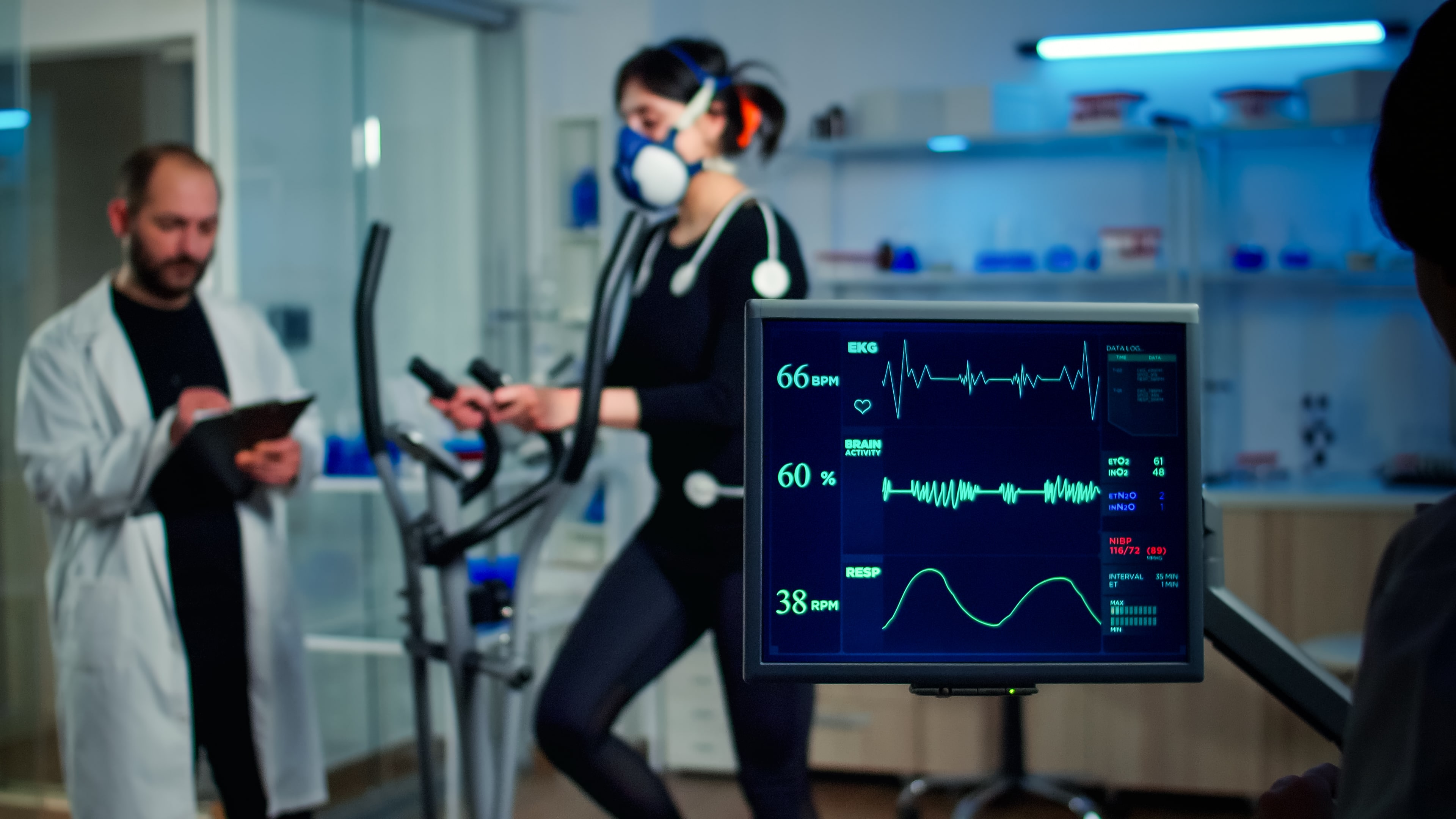Is a High Heart Rate Anything to Worry About? Exploring the Causes and Effects
Posted by: Tampa Cardio
On: November 13, 2023

A healthy heart is vital for a healthy life. After all, the heart is responsible for pumping blood throughout the body, supplying oxygen and nutrients to all our organs. One important factor to consider when assessing heart health is the resting heart rate. A normal resting heart rate is between 60 and 100 beats per minute.
What happens when your heart rate goes above this range? Should you be worried? In this post, we’ll explore the causes and effects of a high heart rate and what you can do about it.
Causes of an elevated heart rate
There are several reasons why your resting heart rate may be higher than average. Some of these causes are temporary and harmless, while others may signal a serious underlying issue.
Here are some common causes of a high heart rate:
– Stress and anxiety
– Dehydration
– Lack of sleep
– Caffeine and other stimulants
– Smoking
– Poor fitness level
– Medical conditions such as thyroid disorder, anemia, and heart disease
Effects of a high heart rate
A high heart rate can lead to various symptoms and complications, depending on its severity and duration. These effects may include:
– Shortness of breath
– Chest pain or discomfort
– Dizziness or lightheadedness
– Fainting or loss of consciousness
– Racing or pounding heart
– Fatigue or weakness
– Increased risk of stroke, heart failure, and other cardiovascular diseases
How to measure your heart rate
To monitor your heart rate, you can use a heart rate monitor or take your pulse manually. Here’s how to do it:
– Find your pulse by placing two fingers (index and middle) on the inner side of your wrist, just below the base of the thumb, or on your neck, just beside your windpipe.
– Count the number of beats you feel in 60 seconds or 30 seconds and multiply by 2.
– Do this at rest, preferably in the morning before you get out of bed or after sitting quietly for 5 minutes.
What to do if you have a high heart rate
If you notice that your resting heart rate is consistently high or you experience symptoms of a high heart rate, consult your doctor. They may do some tests to determine the underlying cause and recommend the appropriate treatment. Depending on your condition, your doctor may suggest lifestyle changes such as stress management, exercise, hydration, and quitting smoking, or medications such as beta-blockers, calcium channel blockers, and anti-arrhythmic drugs.
Prevention is key
Preventing a high heart rate or cardiovascular disease in general is always better than treating it. To keep your heart healthy, you should:
– Maintain a healthy weight
– Eat a balanced and nutritious diet
– Exercise regularly
– Manage stress
– Avoid tobacco and excessive alcohol
– Get enough sleep
– Monitor your blood pressure and cholesterol levels
– See your doctor for regular check-ups
The Takeaway
A high heart rate can be a sign of many things, from stress and dehydration to serious medical conditions. While occasional spikes in heart rate may be harmless, it’s important to pay attention to your heart rate and seek medical attention if you have persistent high rates or symptoms. By taking care of your heart through healthy lifestyle choices and regular check-ups, you can reduce your risk of developing heart disease or other health problems. Remember, the heart is the body’s engine, and a happy engine means a happy life.
At Tampa Cardiovascular Associates of Tampa Bay, we care about your heart. We are the area’s premier cardiology practice. Give us a call at – 813-975-2800 or visit us online at www.tampcardio.com to learn more.
Posted by: Tampa Cardio
On: 13/11/2023
